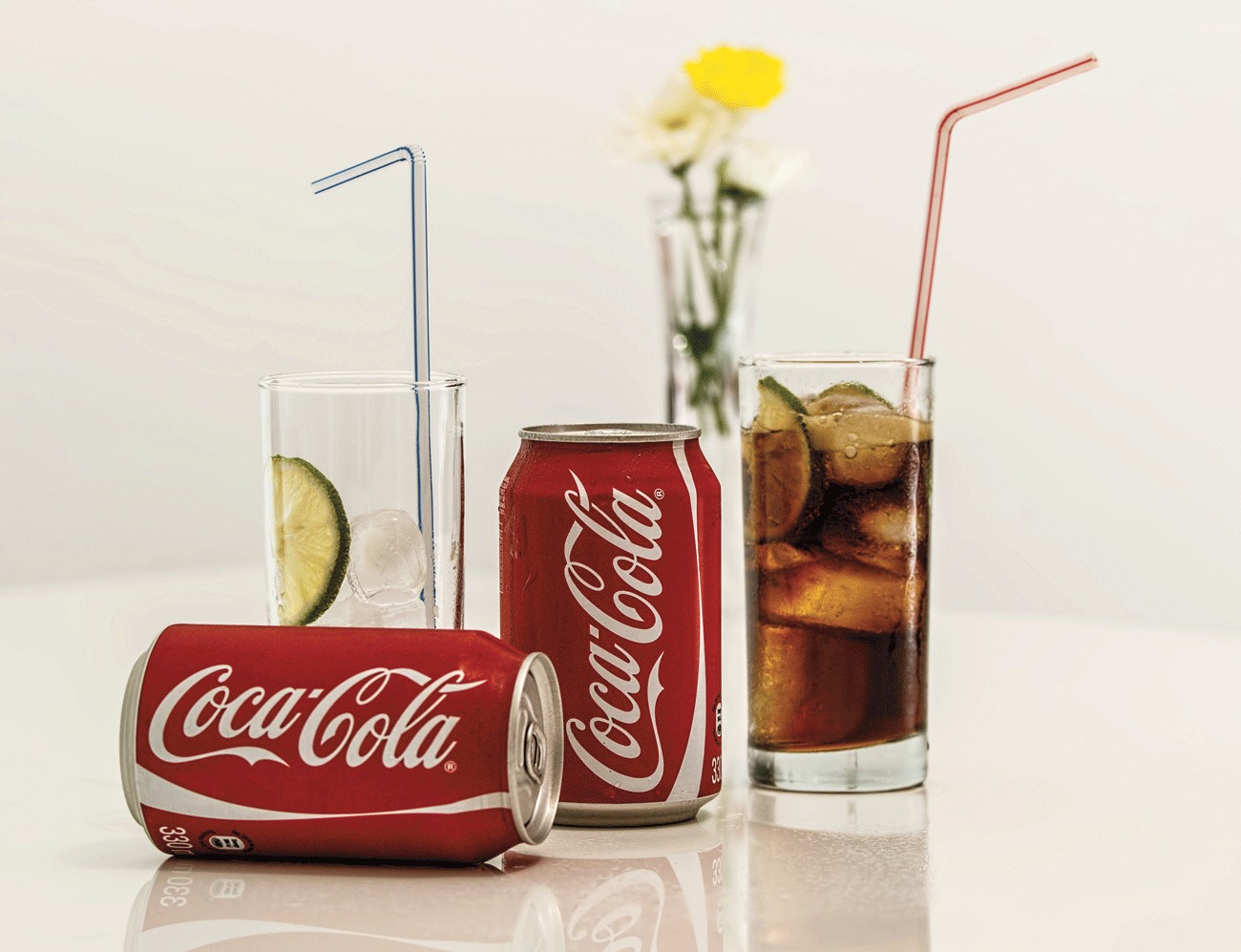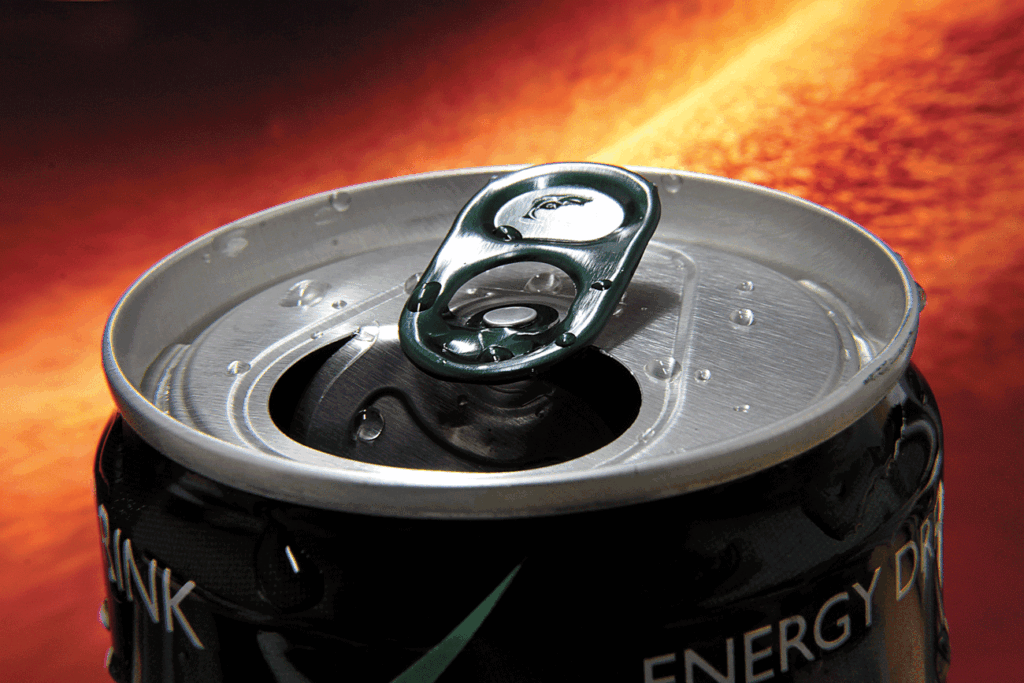
By Penny Lynch
We’ve all heard of ultra-processed foods, but have you ever considered that some drinks are also ultra-processed? Ultra-processed simply means that they undergo significant processing and often contain additives, preservatives, and other artificial ingredients. Ultra-processed drinks are generally associated with having a lower nutritional value and can contribute to health issues. Some examples of ultra-processed drinks that you might want to limit or avoid are…
Fizzy and Sugary Drinks: Carbonated soft drinks, energy drinks, and many fruit-flavoured beverages often contain high levels of added sugars, artificial flavours, and colourings.
Fruit Drinks and Flavoured Juices: Some fruit drinks and juices labelled as “fruit-flavoured” can be high in added sugars and may contain only a small percentage of actual fruit juice.
Sweetened Teas: Bottled teas that are sweetened with added sugars fall into the category of ultra-processed drinks.
Sports Drinks: While these are marketed to replenish electrolytes after exercise, many sports drinks contain added sugars and artificial ingredients.
Flavoured Water: Some flavoured waters very often contain added sugars, artificial sweeteners, and other additives.
Certain Alcoholic Beverages: Some pre-mixed cocktails, flavoured beers, and other alcoholic beverages can be high in added sugars and artificial additives.

So, what can I drink?
To avoid ultra-processed drinks and make healthier drink choices, consider the following options:
Water: The best choice for staying hydrated without added calories, sugars, or artificial ingredients. If you find plain water unappealing, try infusing it with slices of fruits, cucumber, or mint for natural flavour.
Herbal Teas: Unsweetened herbal teas provide a variety of flavours without added sugars and can be enjoyed hot or cold.
Coffee: When consumed in moderation, can be a healthy beverage choice, but avoid adding sugar or cream to it.
Green Tea: Is a low-calorie drink rich in antioxidants. Choose unsweetened varieties for the most health benefits.
Plain Milk: Whether dairy or plant-based, plain milk without added sugars is a good source of nutrients like calcium and vitamin D.
Homemade Smoothies: Make your own smoothies using fresh or frozen fruits and vegetables, with a base of water, yogurt, or milk. This allows you to control the ingredients and avoid added sugars.

Coconut Water: Is a natural source of electrolytes and can be a refreshing, low-calorie alternative to sugary sports drinks.
Sparkling Water: If you enjoy the fizziness of sodas, opt for plain or naturally flavoured sparkling water without added sugars or artificial sweeteners.
Tea: As with coffee, consume in moderations and avoid adding sugar.
Homemade Iced Tea: Brew your own iced tea using unsweetened tea bags and add natural flavourings like lemon or mint.
Always check the ingredient list and nutritional information on the packaging to make informed choices about the drinks you consume. Just because a product says that it contains real fruit doesn’t mean that it’s not ultra-processed!











